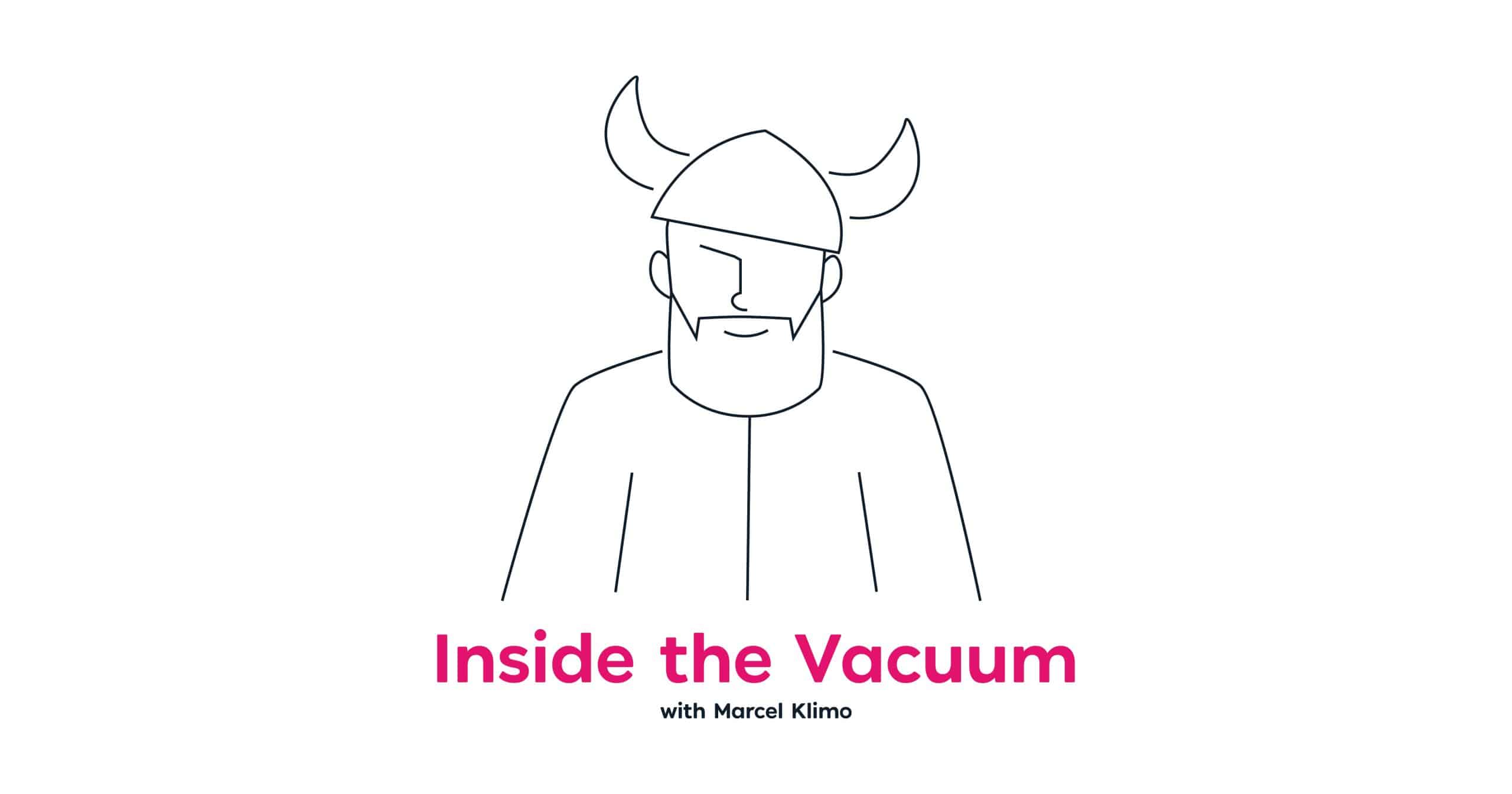Transitioning from the telco industry into fintech might not be that difficult.
So how did the transition from the telco industry to fintech happen? According to Monika, this was very smooth. Both the telco and fintech industries were opened up in Hungary by EU regulation. “The EU opened the market and the competition in the telco sector, and the same is happening now in the financial sector, thanks to Revised Payment Services Directive (PSD2).” The main difference? A 20 years time lapse.
Monika worked in the telco industry’s regulatory department for 20 years, where she learned how to work with fast-growing sectors.
[cta_to_website]
Keys to understanding the fintech industry.
Another piece of the puzzle was her colleague and Fintech Zone co-founder, Gabor Lemak. At the time, he was the manager of a mobile wallet association, which is naturally connected to the fintech industry. Together, they began to see a significant interest of companies to be part of the financial sector. There was a repeating pattern of how banks and companies reacted to new regulations and how the fintech sector started to open up.
“We saw big similarities between the opening up of the telco and financial services market. And we knew we had to move to the finance sector because it is the next big thing.”

Monika and Gabor knew what the fintech industry needed during opening up – guides that will help new and already-established companies to understand the industry.
“We had a mission: whatever we learn within our company, we want to share it with other people who want to learn how the digital world works. So we decided to publish a blog, and we named it Fintech Zone”.
Homogenized structure with space for improvement In Hungary, the set up of the fintech industry is a little bit different than in other countries. While the industry was opening up, banks were given quite strict regulations that they needed to fulfill in the first half of 2020, making the whole infrastructure homogenized. For example, one of these requirements is that money has to reach the beneficiary within five seconds. These strict regulations were quite challenging to be fulfilled. Because of them, it required the most substantial investment in the banking sector within the past 60 or 70 years.

Besides the mandatory services, managers didn’t have much capacity to develop additional services and focused only on the requirements they were forced to fulfill. According to Monika, this is space they should focus on now. For example, more solutions can be developed for small and medium-sized enterprises (SMEs) to manage their businesses more effectively, such as watching their bills and invoices in real-time. Fintech companies and banks hand in hand. In Hungary, the fintech scene is not that big. According to recent research, there are around 110 B2B or B2C fintech companies.
“What I see is that fintech companies are developing, they’re looking for partners. And from the large company side, they started to look for them to cooperate with.”
In the first years, the business and financial stability of young fintechs is pretty risky — that’s why they need to partner with big corporations with an established market position. It is a learning curve that is still developing. Also, Monika sees several challenges that fintech companies struggle with, which can be a deal-breaker to making the business successful. Knowing the industry, working culture, regulations, reaching the customers, or building up the company are only a few.

Fintechs should look for other benefits than just profits. Cooperation with big corporations is challenging for young companies. The first step that every young fintech should take is to believe that their idea works. Additionally, they can convince prominent corporations managers by looking for benefits other than just profits: “There are always some other benefits than just money – like customer image, growth in customer number, or social responsibility. I guess this is a way these new fintech services can kind of win.”
Helping young companies is Monika’s big passion. Monika loves the consultancy part of her work and collaborates on new projects with enthusiastic professionals and understanding aspects.
“It is always exciting to talk about the PSD2 instant frame, and what it can have, what opportunities it has to other people. They get out of the box of what they have on every day. Like in the bank, they have a rigorous routine. And then we work with them and do workshops.
They get into the room thinking, ‘oh, this is just another routine meeting’ After half an hour or so, they start to open up. You see, their eyes fill with joy and excitement, and they start thinking of how they can do a better service and what they can do with the PSD2 to improve instant payments.”
And what does Monika think is the most critical lesson in today’s business?
“Always look for opportunities and partnerships. And be yourself: in the long term, it will have its benefits.”
Maybe Vacuumlabs can help you take that step? Check out our services here.

Banking on Air podcast explores the lives and journeys of founders and technology leaders as they work to overcome challenges while building products in an ever-changing world. This episode was hosted by Marcel Klimo from Vacuumlabs.
Listen to the original podcast episode on Apple Podcasts, Breaker, Google Podcasts, Overcast, Pocket Casts, Spotify, or here:








